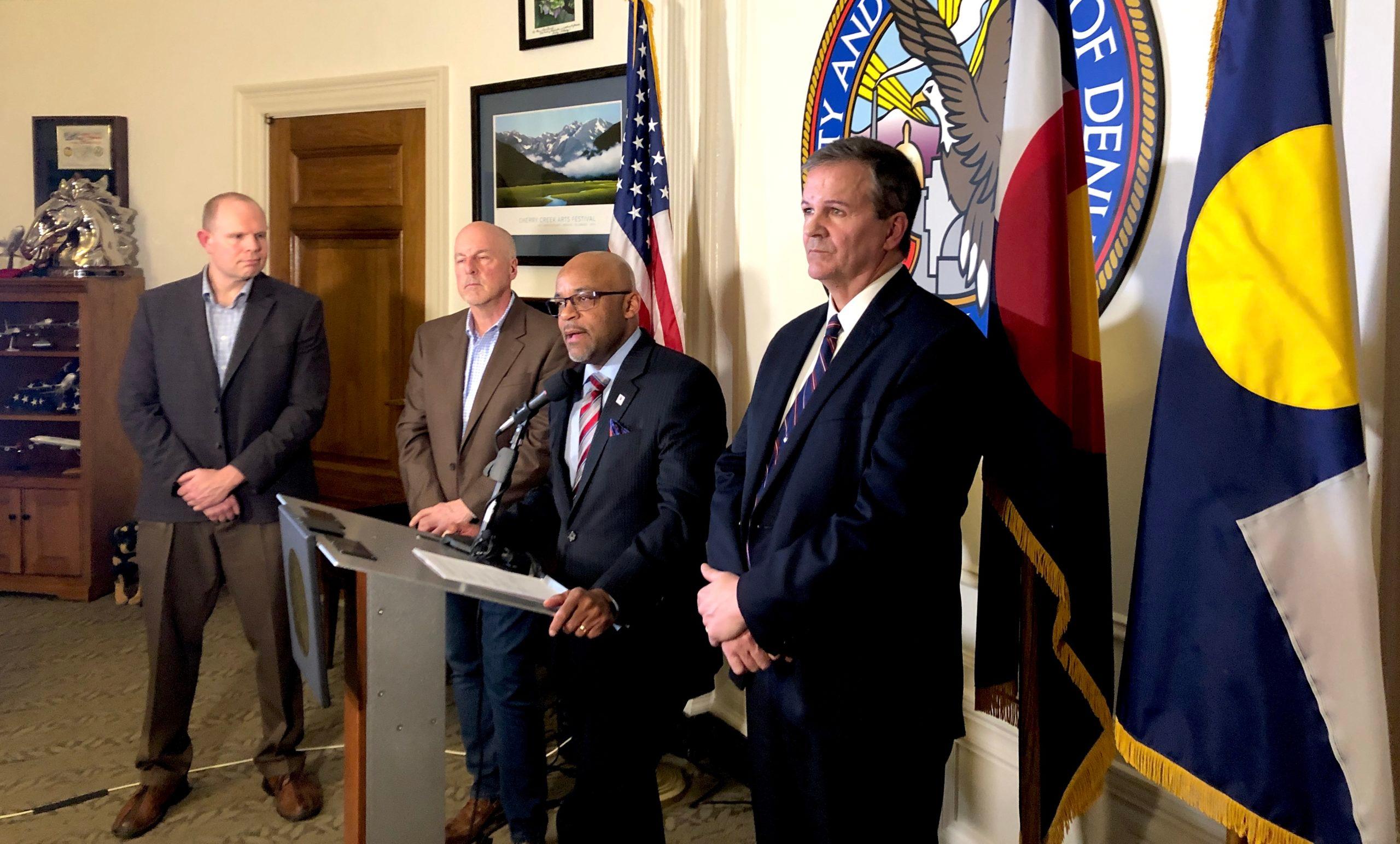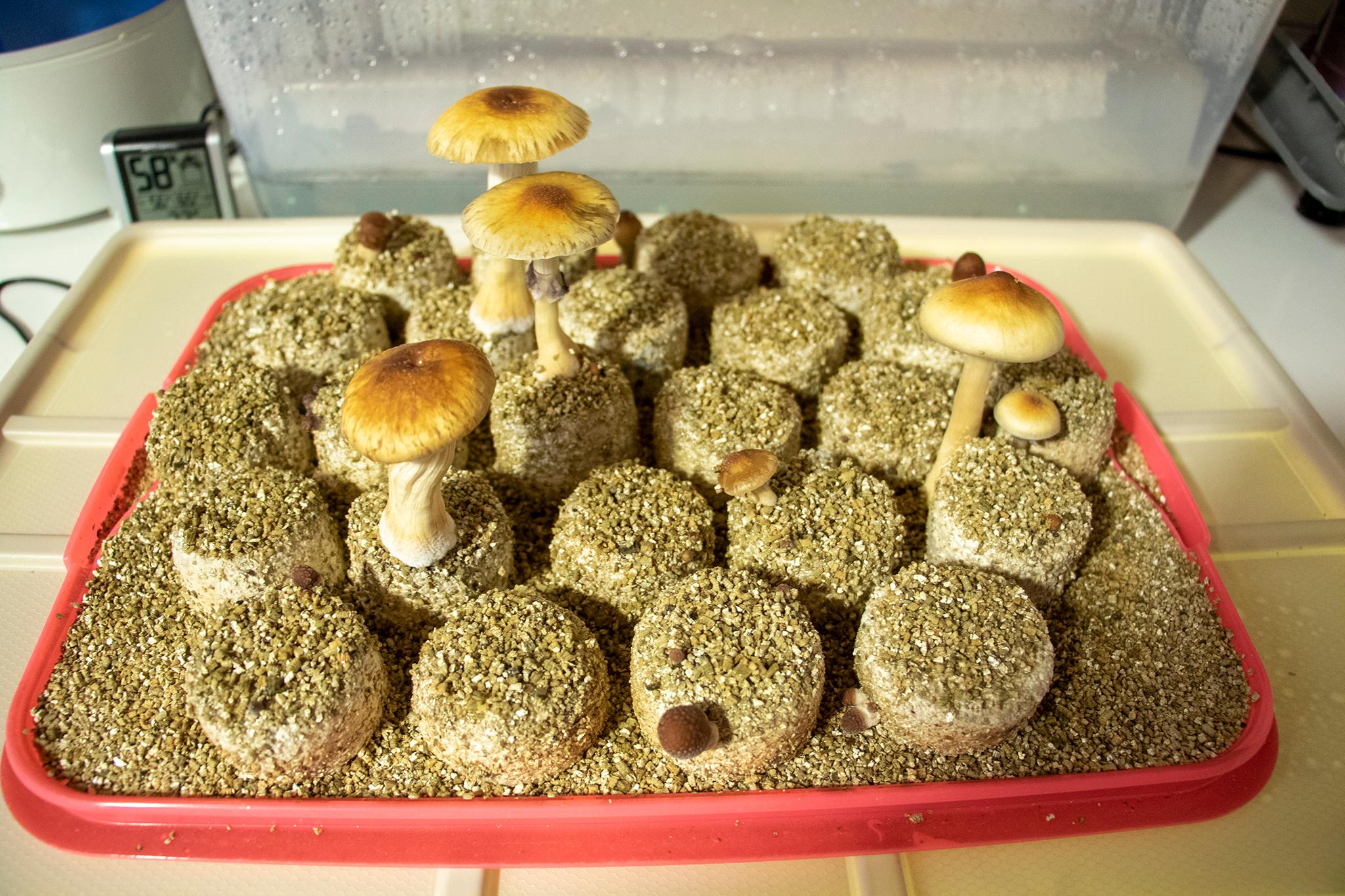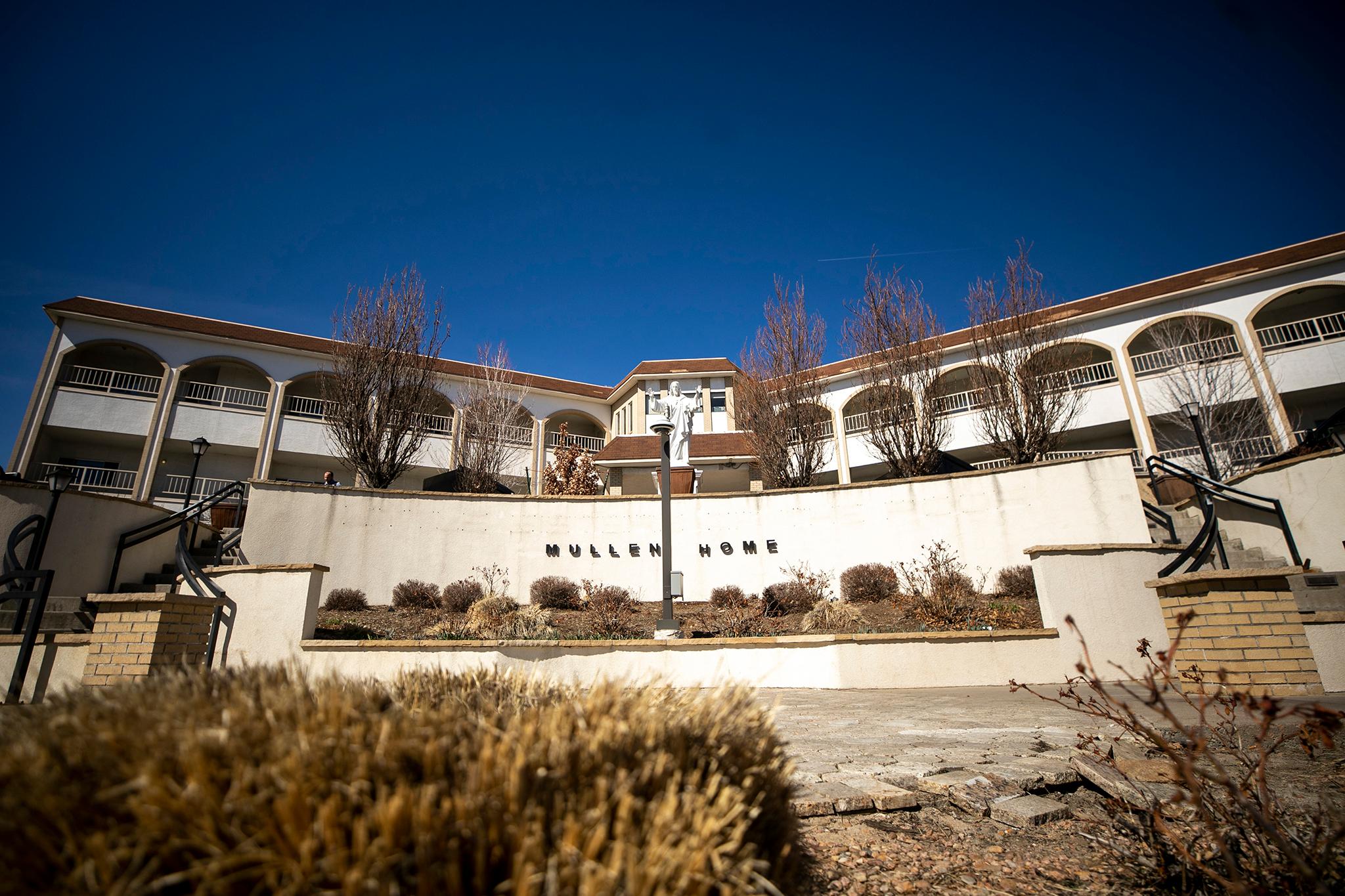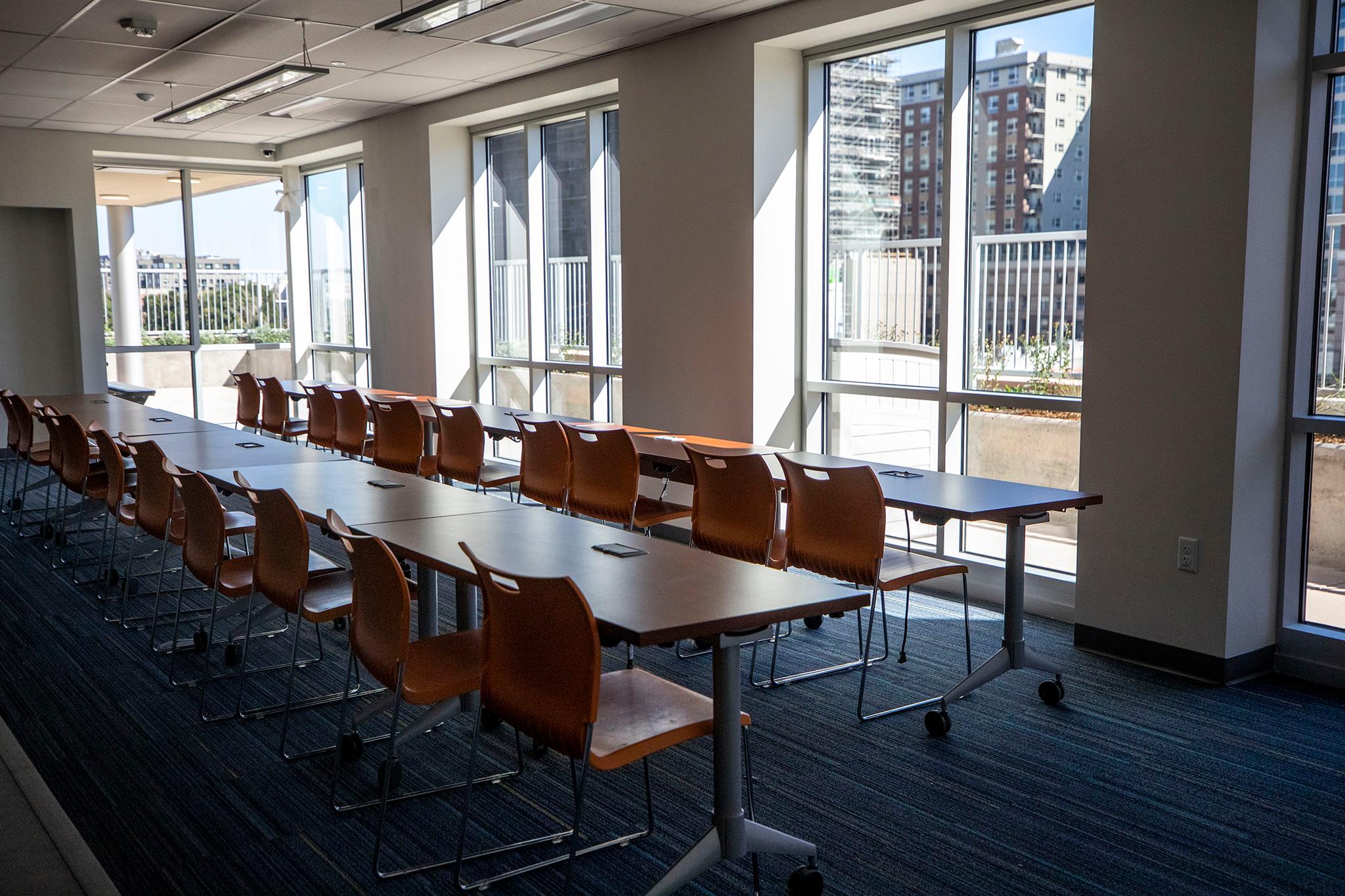Six people in Denver have tested negative for COVID-19, the sometimes deadly strain of coronavirus making its way through the United States and the rest of the world, city officials said during a press conference Monday afternoon.
Twenty-three people have been tested in Colorado, Mayor Michael Hancock said, and all yielded negative results. Nine tests are still pending statewide, three of them from people in Denver.
Hancock spoke to reporters fresh off of a conference call with Governor Jared Polis, public health officials and members of the state delegation to Washington D.C. The mayor's office is working closely with the state, Hancock said, and coordinating locally with the help of the Denver Office of Emergency Management and the Denver Department of Public Health and Environment.
"This includes monitoring economic impacts and the availability of supplies," Hancock said. "Their most critical focus for us right now is ensuring that in the event of an outbreak we maintain our essential government functions, support the ability of the city workforce to work remotely, and ensure we have all critical supplies."
Denver has supplies ready for city health workers and emergency personnel so they don't contribute to the virus's spread in the case of an outbreak, said Bob McDonald, the head of the public health department.
The city also is monitoring the supply of soap and other hygienic goods at stores. A shortage is one of many indicators that could trigger more urgent measures, said Matthew Mueller, director of the Office of Emergency Management.
"Generally when we're looking at indicators, we're looking at the economy we're looking at supply shortages, we're looking at impacts to our government functions," Mueller said. "We have a list of 33 essential functions within the city that are core to what we do to make sure we're meeting the needs of our citizens."
The mayor and his team stressed simple steps, communication and individual responsibility to prevent the spread of COVID-19. Also... don't panic.
"It's important that we share with the public that we are taking the concerns around coronavirus very seriously, but it's important also that we not panic," Hancock said.
Public health officials recommend:
- washing your hands often, 20 seconds at a time, with soap and water
- using hand sanitizer that contains at least 60 percent alcohol
- avoiding touching your face
- staying home from work if sick
- seeking medical attention if you have flu-like symptoms such as a fever
"I cannot overestimate the importance of personal hygiene in controlling this virus," McDonald said. "The best tool that everybody has is themselves."
Denverites can visit the city's website for the latest local information on COVID-19.
McDonald said officials are coordinating closely with shelter workers to prevent a potential spread of the virus among Denver's unhoused. Officials have deployed a mobile public health unit and are teaching shelter workers what to look for in terms of symptoms while monitoring their supply of hygienic goods.
Hospitals and homes are two places people with the virus will isolate themselves if an outbreak demands it, but the city is also eyeing quarantine locations, should they become necessary.
Such places would house people who are infected or "under suspicion" of being infected, McDonald said.
"It's certainly not something we are doing now, but something that we're preparing for if needed," McDonald said.
King County, Washington, officials said they would buy a hotel to house patients as the numbers of infections there rise.
The mayor and his public health director have broad authority to curtail business activity, block the use of public space, and isolate people in the case of a major outbreak.
One of the people tested in Denver had recently returned from China, prompting the city to issue an order to isolate them while health workers monitored them and tested for the virus, McDonald said.
If anyone suspected of having the virus doesn't comply, the city can enforce a quarantine, he added.
"That's not our goal. We want to isolate them, educate them, monitor them to make sure that they comply," McDonald said.
This article was changed to correct Bob McDonald's title, which is the executive director of Denver Public Health and Environment, not interim director.













